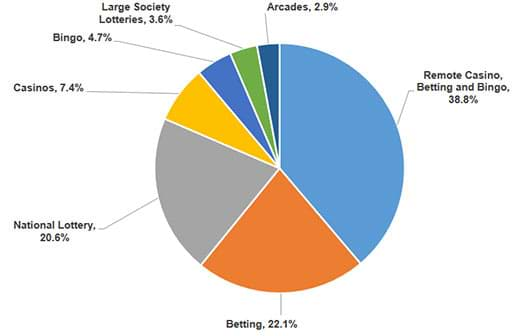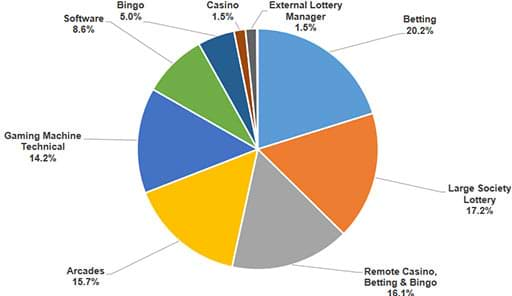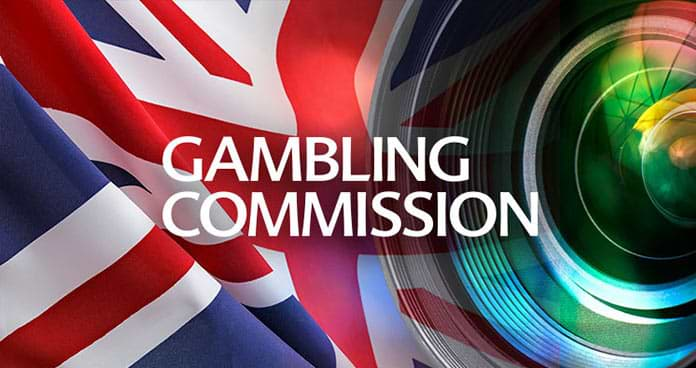The UK Gambling Commission: History and Evolution
The Gambling Act created the UK Gambling Commission in 2005.
The UK Gambling Commission is often in our blog. Sometimes it’s because of a consultation such as the recent one concerning credit cards use or because of an update to existing rules to enhance player protection such as the recent licensing updates. But how many players know anything about the UKGC? In today’s blog, we thought that we would give you a little background on this critically important regulator.
Gambling in Great Britain
In Great Britain, gambling has become a huge industry. The total gross gambling yield from October 2017 to September 2018 was £14.5 bn with £5.6 bn of that from remote gambling alone. The Gambling Commission estimates that almost 107,000 people are employed in the industry in Great Britain as of March 2018. With the advent of online gambling, the existing regulatory landscape needed to be brought into line with the new reality.
Industry gross gambling yield by sector (£m):
| Sector | 04/2016 – 03/17 | 04/2017 – 03/2018 | 10/2017 – 09/2018 |
| Arcades | 430 | 427 | 421 |
| Betting | 3,396 | 3,298 | 3,204 |
| Bingo | 687 | 682 | 677 |
| Casinos | 1,163 | 1,180 | 1,075 |
| Remote Gambling | 4,725 | 5,476 | 5,633 |
| National Lottery* | 2,978 | 3,007 | 2,998 |
| Lotteries* | 442 | 507 | 517 |
| TOTAL | 13,824 | 14,580 | 14,529 |
*remote and non-remote
Industry gross gambling yield by sector (%):

The UKGC was created by the Gambling Act 2005 with the mandate of regulating gambling in Great Britain. They are responsible for the protection of players and society, anti-money laundering, and raising the bar when it comes to gambling. They have earned the reputation as being a strict regulator with a history of fines, suspensions, licence reviews and revoked licences for severe breaches.
Licensed activities held by sector (%):

Their mission is to protect players & society, prevent money laundering and ensure fair play and integrity.
The role of the UK Gambling Commission
We hear a lot today about the problem of money laundering where the proceeds of crimes are washed into the system to conceal their origins. One responsibility of the UKGC is to protect the integrity of online gambling from an association with crime proceeds. Casinos are required to conduct a KYC check on all players who set up a new player account. The purpose of this is to verify a player’s identity and know when players are coming from perceived high-risk jurisdictions, generating suspicious activity or are politically exposed.
Second, the regulator must always consider the impact of gambling on broader society and not just the individual. Third, casino operators themselves must ensure that their customers are being treated fairly and in a transparent manner. An example of transparency relates to the requirement to prominently display important T&Cs of promotions.
The regulator continues to evolve along with the industry.
2018 updates
In 2018, some new rules by the Gambling Commission came into effect to help players to keep an eye on their gambling habits by giving them more tools. Players can now view their transaction and gambling history at least as far back as 12 months and view their deposits – and not just winnings! Players can also set gambling limits in more than one way.
Online gambling in the UK continues to evolve as it does in the rest of the world. The industry is dynamic and in a state of constant change, and the expectation is that the UK Gambling Commission will change along with it.







Leave a Reply